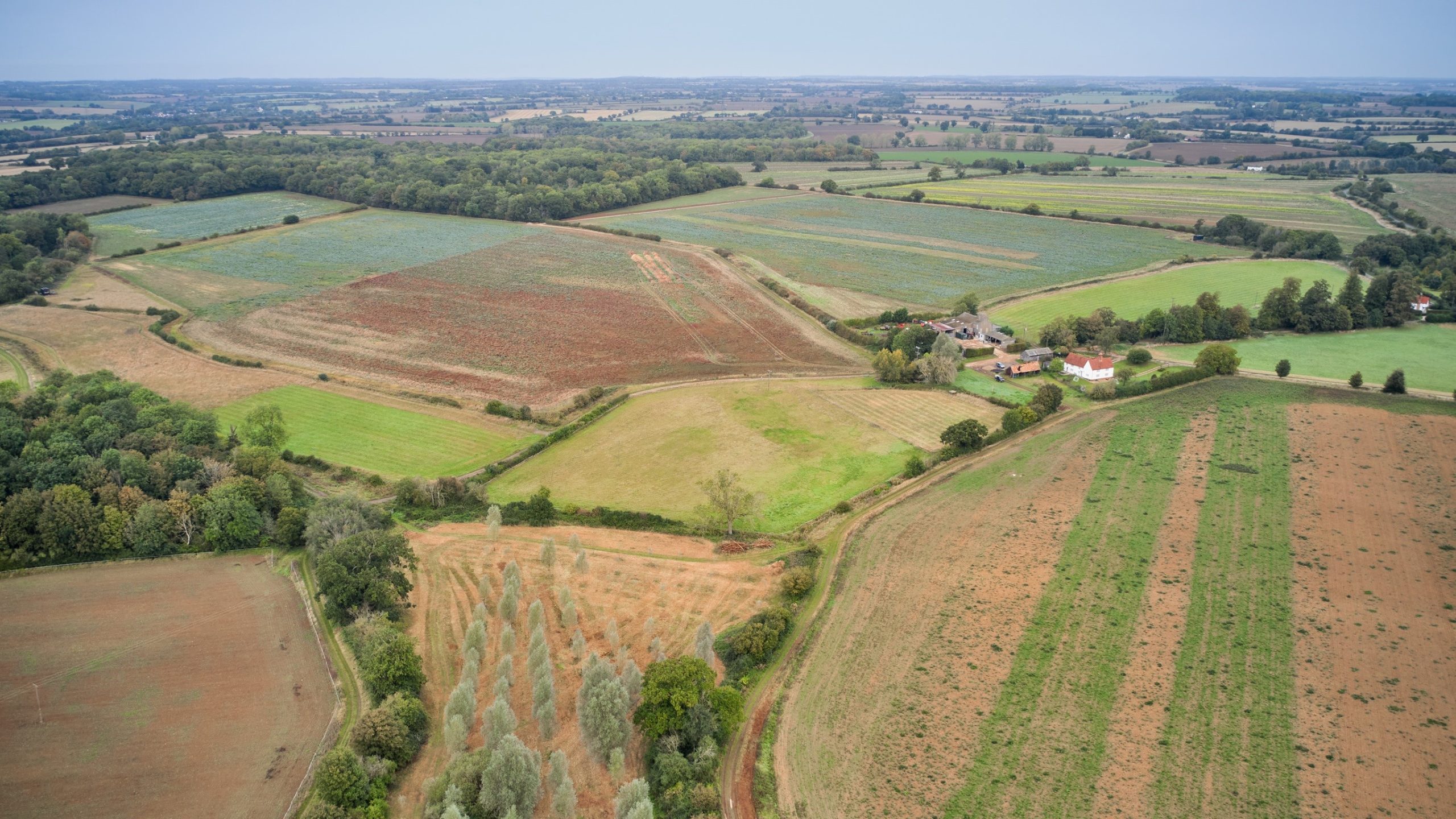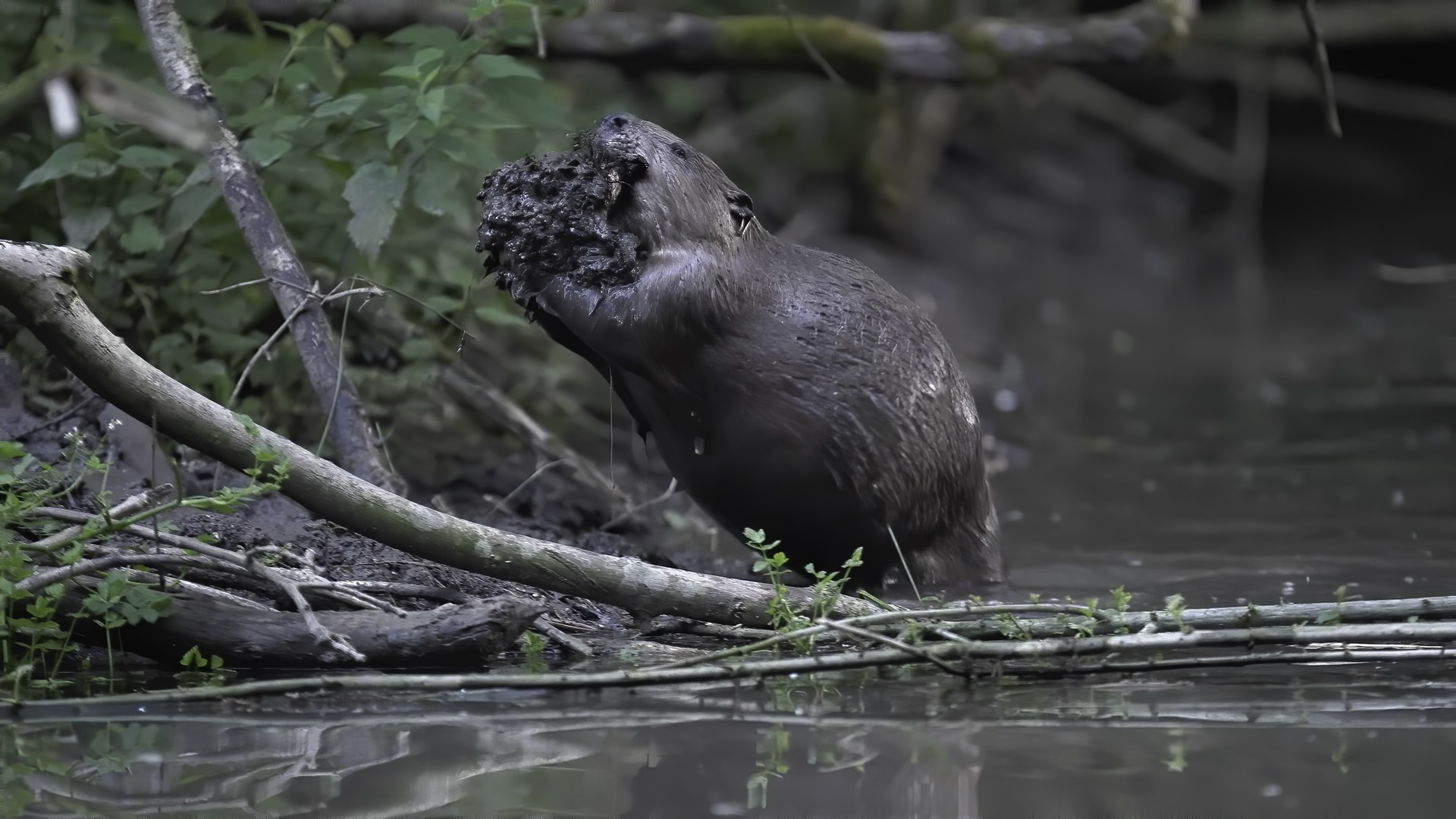Spains Hall Estate, a family run farming and environmental business in North Essex, features as one of five national case studies published by Natural England showing how to create biodiversity gain on private land.
Having worked on their nature recovery, beaver-led flooding reduction and sustainable farming project the estate has been at the forefront of testing new rules around Biodiversity Net Gain, due to come into force in early 2024.
Located within Braintree and Uttlesford districts, the estate has identified land that isn’t suitable for farming and could be better utilised to halt nature decline and tackle climate change. Some of these areas will create Biodiversity Units that can be sold to developers unable to meet the 110% biodiversity gain rules which go live in 2024.
On top of areas that can be permanently changed to deliver biodiversity and new woodlands the estate is creating the biggest sustainable nut production system in the country. This shift away from a standard farming system will, according to Archie Ruggles-Brise, the estate’s manager and co-owner, ensure their continued success over the coming decades.
“It is clear that we are facing significant challenges to the traditional farming approach in the East of England. Rising temperatures, changing rainfall patterns, longer droughts, more storms and increasing pest and disease pressures mean we have to think differently. Finding ways to pay the bills long term, whilst also transitioning quickly to a system that halts decline, is key. The BNG pilot has been invaluable in helping us build an estate-wide ecological masterplan to achieve this.”

Natural England’s national statutory biodiversity credits pilot, which the estate successfully bid to be part of in 2020, supported detailed ecological and hydrological studies culminating in the creation of a plan that balances nature, food production and local climate adaptation and mitigation. Now Ruggles-Brise and others are sharing their experiences through a series of case studies aiming to help others considering similar changes.
Expert support and local understanding is key to delivering high quality, robust nature projects and the estate took the unusual step of recruiting an in house ecologist earlier this year. Farmland ecological transformation specialist, Sarah Brockless, joined the business having worked extensively throughout the country. Sarah is currently leading detailed ecological tours of the estate, aiming to assist fellow ecologists working with developers to meet the new BNG rules.
“In 2022 we embarked on an ambitious 50 plus year programme of habitat creation of a large area of biodiversity-focused land management change. Working with Natural England allows us to generate high quality BNG units, suitable for use in both mandatory and voluntary markets.
“Our approach is to see what would work best for the land,” she explains. “We then look at which schemes, and revenue sources might support the work we want to do. However, focusing on the land first, we have a greater chance at successfully delivering the full range of positive outcomes.”
Simon Dilly, from Natural England, said:
“Biodiversity net gain (BNG) is a world-leading government strategy to develop land and contribute to the recovery of nature and is a key element of the Environmental Improvement Plan.
“Spains Hall Estate was selected to be one of Natural England’s statutory biodiversity credits pilots, in preparation for mandatory BNG. We’ve particularly valued their work on how BNG fits with wider agricultural aims, traditional grazing, and agro-forestry. The collaborative work as part of the pilot scheme has been vital to the development of the statutory biodiversity credits policy, and of the BNG approach more broadly.
“BNG offers landowners another way to fund nature recovery on your land, alongside providing an alternative income stream to complement other business activities. Landowners can sell off-site biodiversity units to developers, provided that the habitat sites are registered and validated.”
The Spains Hall estate case study can be downloaded from the Natural England website



